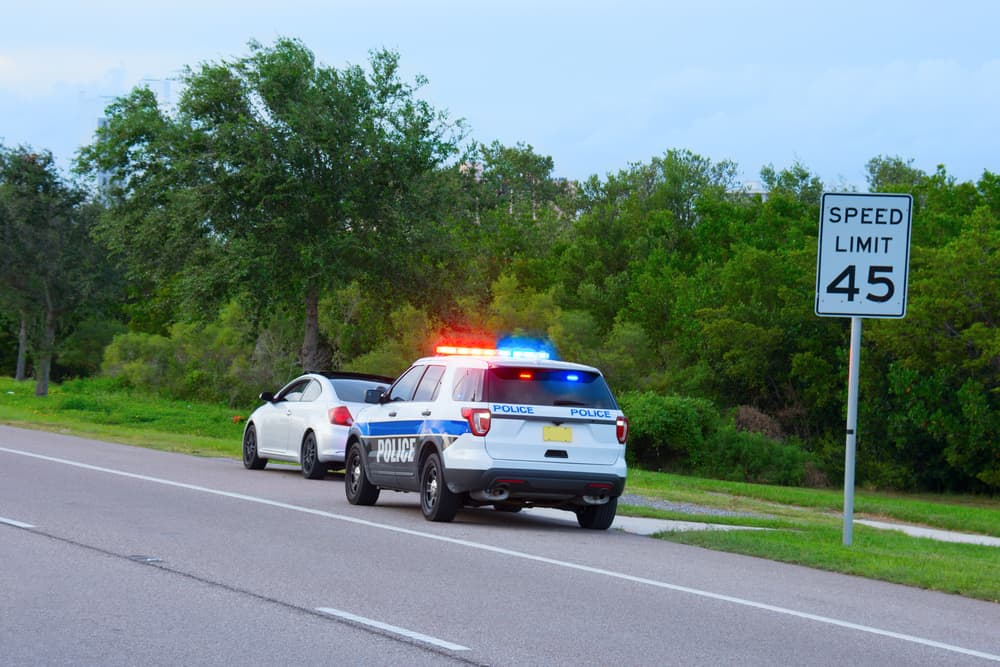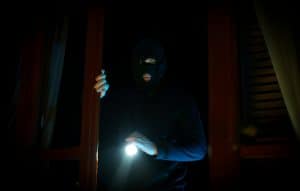Being stopped by a police officer while driving can be frightening.
You may be unsure of your rights, the details you need to provide, and what you ought to keep quiet about.
Here’s everything you need to know about New York traffic-stop protocol and what to do when a police officer pulls you over.
When pulled over, what are my rights?
The first thing to keep in mind is that you have rights, including the right to counsel and the right to remain silent.
You also have the right to decline a police officer’s request to search your car unless the officer has a warrant or a reasonable suspicion.
If you decide to assert your rights, do so with respect, dignity, and composure.
Do you have to answer questions when pulled over?
You must present your identity, driver’s license, registration, and proof of insurance when the police pull you over. You do not necessarily need to provide any extra information, though. It is better to limit your talk with the officer to giving the necessary information, because whatever you say can be used against you in court.
Protocol for police traffic stops
When you are pulled over, the police officer will come up to your car and request your license and registration. You might also be asked if you know the reason for the stop.
It’s crucial to maintain your composure and be respectful.
If you receive a ticket from the officer, don’t argue about it; just sign it. You’ll have a chance later, in court, to challenge the ticket.
Real-life example
A man we’ll call John was stopped by the police on his way home from work. He handed the officer his license and registration when asked for them.
The officer asked John where he had been and what he had been doing. John said he had had a few beers earlier in the evening, at which point the officer conducted a field-sobriety test and placed John under arrest for DWI.
John’s mistake was confessing to drinking when he didn’t need to. His admission was all the officer needed to conduct a field sobriety test. If John hadn’t said he had been drinking, he might not have been arrested.
Need an attorney in the Buffalo area for a traffic citation?
Maintaining your composure and knowing your rights is critical if you are stopped by the police. Get a qualified lawyer who can represent you if you are accused of a major crime or a traffic infraction, so that your rights can be protected. Please get in touch with our office to arrange a consultation if you live in or near Buffalo. Call attorney Norman Mattar, at 716-633-4300. We can be reached 24 hours a day, seven days a week.




